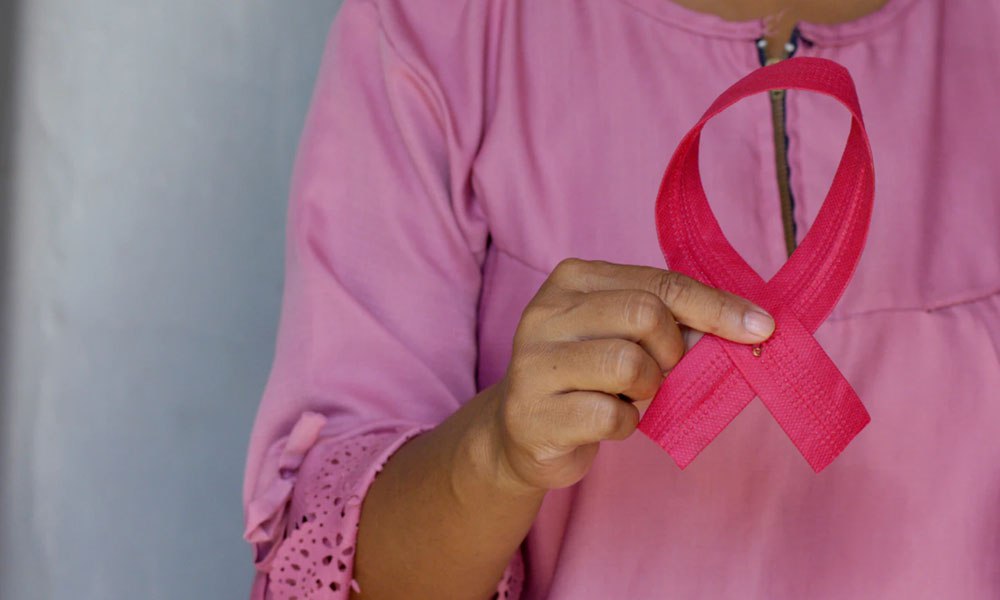
Bihar Researcher Finds Treatment For Breast Cancer In Red Sandalwood Seeds
India, 11 Sep 2020 11:19 AM GMT
Editor : Shubhendu Deshmukh |
Shubhendu, the quint essential news junky, the man who loves science and politics in equal measure and offers the complete contrast to it by being a fan of urdu poetry as well.
Creatives : Abhishek M
" An engineer by profession, Abhishek is the creative producer of the team, graphic designing is his passion and travelling his get away. In more ways than one, he makes the content visually appealing."
In the past, various researches have revealed sandalwood tree’s heartwood (wood at the trunk’s centre) to possess properties to treat cancer but the study conducted by Akhouri claims that red sandalwood seeds have anti-cancer properties.
A US-based journal has recently published a peer-reviewed study which has been conducted by a 29-year-old man from Bihar who has claimed that red sandalwood seeds have properties that can cure breast cancer.
The study was conducted on rats using some sandalwood seeds that led to its success where it spoke about the importance and efficiency of the seeds to treat cancer without causing any harm to the tree which is an endangered species.
Vivek Akhouri who conducted the study completed his masters in biotechnology from Magadh University in Gaya. Last month, his study was published by the SAGE publication, a US-based journal that publishes study on science, humanities, medicines and other topics. The study was published in the journal of Breast Cancer: Basic and Clinical Research which was titled as 'Pterocarpus santalinus seeds against DMBA- induced breast cancer in rats.'
In the past, various researchers have revealed sandalwood tree's heartwood (wood at the trunk's centre) to possess properties to treat cancer but the study conducted by Akhouri claimed that red sandalwood seeds have anti-cancer properties. The study also said that red sandalwood seeds will not harm the endangered tree, unlike heartwood which can damage it.
"We found 49.5% regression in tumour size after inducing cancer cells in rats using dimethyl benzo anthracene, a chemical carcinogen, and orally inducing them daily for five weeks a single dose of red sandalwood seeds, collected from Simri village in Buxar district," Hindustan Times quoted Vivek Akhouri as saying.
In response to a peer reviewer's query, he clarified about why did not continue with the dose for more than five weeks in order to see if the cancer cells were completely destroyed before the findings were published by SAGE. He said that the other set of rats which were given the carcinogen and not administered the formulation began to expire after five weeks.
"The potency of seeds, their requirement for cancer treatment and side-effects, if any, are still a subject of research and pharmacological study, which pharmaceutical firms have to undertake as part of pre-clinical and clinical trials before the launch of any drug," Akhouri said.
Now, Akhouri is involved in the research of the pulp of Aeghe marmelos which is a fruit available all over Tamil Nadu, Thailand and Sri Lanka to show that the properties of the fruit and it's ability to reduce the size of cancer tumour.
Manorama Kumari, professor of botany at Anugrah Narayan College Patna and Arun Kumar of the Mahavir Cancer Sansthan and Research Centre, Patna where the research was conducted are the co-authors of the study.
"We will isolate the active molecule from the seeds and go for patenting before approaching pharmaceutical firms for pre-clinical and clinical trials," Kumar said.
He also said that the earlier research by Li and colleagues of China in 2018 on the heartwood of red sandalwood trees was the inspiration behind the study.
MM Singh, MM Singh, a former emeritus medical scientist of ICMR and ex-chief scientist and head, endocrinology division of Council of Scientific and Industrial Research (CSIR) - Central Drug Research Institute (CDRI), Lucknow said, "We need to increase the cultivation of red sandalwood trees and identify its active compound, which can then be synthesized in a laboratory."
However, The Indian Council of Medical Research has said that the disease can spread and increase by 12% in the next few years.
Also Read: IIT Bombay, Shiv Nadar Researchers Develop Sustainable, Cost-Efficient Lithium Batteries
 All section
All section














